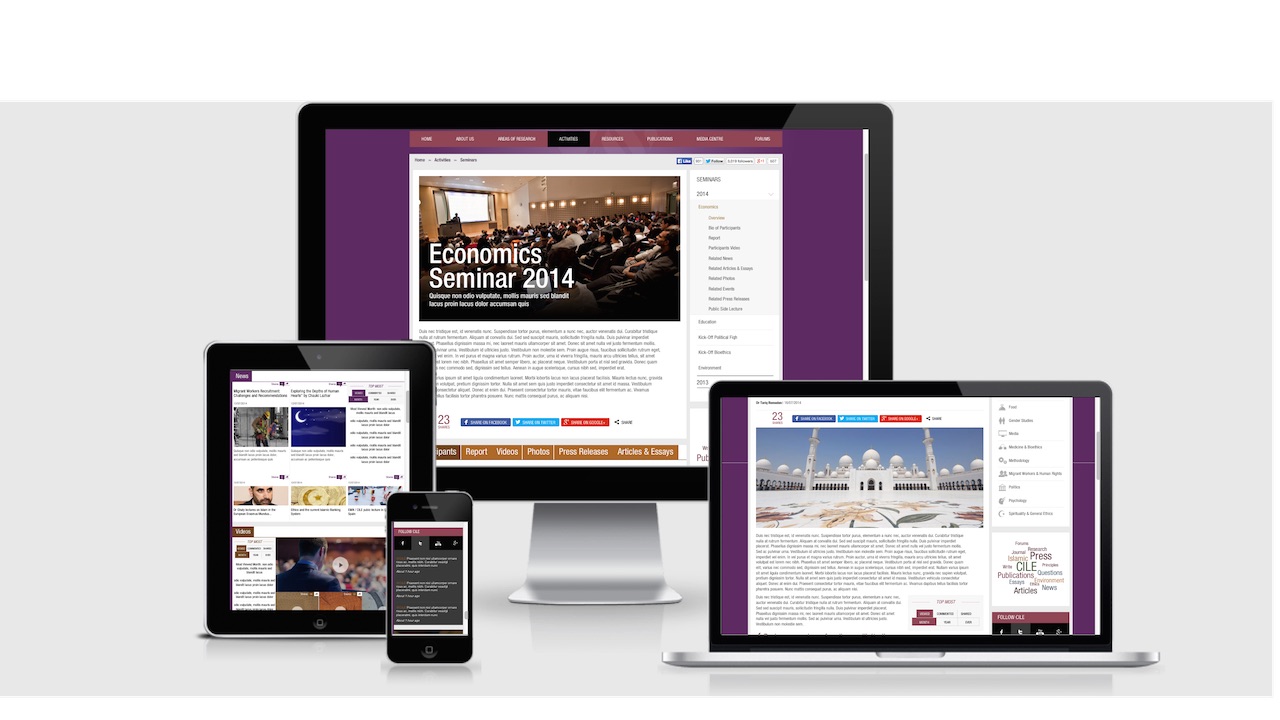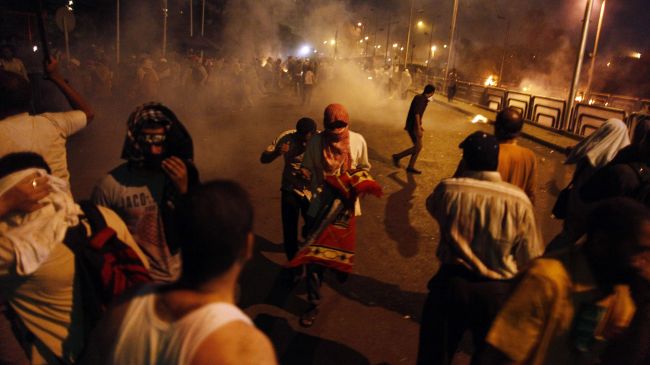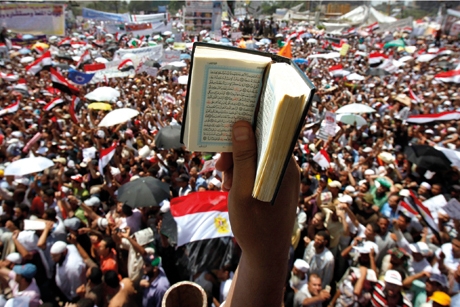Over the past 20 years a profound change has been taking place among the younger generation of Muslims in Europe. Fifty years ago, most Muslims were immigrants who came looking for work and planned to return home as soon as they
could. For the most part, this first generation came from simple backgrounds.
They had made no great study of Islam and continued religious practices that remained heavily marked by their culture of origin, whether Indo-Pakistani, North African or Turkish.
Assuming that their stay was temporary, parents at first tried to protect themselves from this unfamiliar European environment rather than integrate themselves into it. But most of these original immigrants never left. Their children were born in Europe, became fluent in their national language and became better educated than their elders. The parents’ dream of going home faded.
The emergence of this new generation of European Muslims has resulted in a new way of thinking and talking about the nature of Islamic communities here.
Now a silent revolution is taking place. Old concepts that divided the world into two hostile camps-Islamic vs. non-Islamic abode -are outdated and need to be reviewed. European constitutions allow Muslims to practice their religion and should therefore be respected. Religious principles should not be confused with culture of origin: European Muslims should only be Muslim instead of forever
remaining North African, Pakistani or Turkish Muslims. Active citizenship has to be encouraged and a European Islamic culture needs to be created. How? By respecting Islamic principles while adopting European tastes and styles.
Mentalities are changing fast. Islamic associations are active at the local level, building bridges and encouraging Muslim citizens to vote. New artistic voices are being heard. Although this energy and vitality are particularly
visible in countries with the oldest Muslim presence, the same phenomenon is underway elsewhere too. But numerous challenges remain and the day when Muslims and their fellow-citizens can live together in harmony is still far-off. A series of stumbling blocks exist within Muslim communities that need to be reformed.
Too many Muslims are getting things mixed up. Problems of discrimination in housing or the workplace should not be taken as « attacks on Islam » but as the effects of social policies that we must commit ourselves to changing, as citizens demanding equal rights. We must not fall into a « victim mentality » and the alibi that Islamophobia is preventing us from flourishing. It’s up to Muslims to assume their responsibilities, construct clear arguments, engage in dialogue both within their own communities and with others fellow citizens, and reject the simplistic vision of « us vs. them. »
We should promote common values of equality, justice and respect in the name of a shared « ethic of citizenship ». Over time, we must do away with the temptation to shut ourselves off as an isolated minority for otherwise we offer encouragement to those extremist voices that argue ‘You are more Muslim when you’re against the West’. The Muslims of Europe must be more self-critical.
But their non-Muslim fellow-citizens need to make an effort too. They need to accept that Europe’s population has changed, that it no longer has a single history and that the future calls for mutual understanding and respect. They need to face up to their ignorance and reject the clichés and prejudices that surround Islam. They must start discussing the principles, values and forms that will
enable us to live together.
The new Muslim presence poses a series of unavoidable questions to all the citizens of Europe. Are you prepared to study the history of a civilization that is present in your lives and which forms part of your pluralistic society? Do you sincerely believe that Muslims-with their spirituality, ethics and creativity-have a positive contribution to make?
The future of Europe-with a flourishing Muslim presence and an open European identity-will be built by all those who accept this challenge. It will be based on self-criticism, lasting and demanding dialogue, respect for diversity and the expression of common values. The path leads from simple integration to mutual enrichment.
It’s going to take time and, above all, it means that we’re going to have to start trusting each other. After Sept. 11, I think that’s the biggest single challenge we face.










« a flourishing muslim presence » … Marcouch, political leader of Amsterdam Slotervaart, got burnt down when he stated his wish for such a muslim presence in Slotervaart… Europeans don’t want to talk about contribution of muslims, but about assimilation of muslims. Their muslimbackground is seen as an unwelcome part of them. And we are not totally blameless of this; how can non-muslims see the being muslim of people as an asset, when we have so many problems of ourselves?
But most of these original immigrants never left.
WHY???why they didn’t return to their homeland??? you know the answer, … because by returning they will encounter state terror ( politly named security, political police, …) leaders totaly implanted by the Great Powers happy to find the obedient tricky guy who will ease their holding on that homeland…, completly dictatorial regime holders, fews among the fews lapping the richness of the country and the honors of the rulers, while any ordinary simple citizen is considered less than a mosquito( sorry for the comparison but it is true). no work, no schools, no developpment , but only beggars and crawling misery.
by staying in Europe these emgrated workers try to build a
n environment they faith very different of the western environment, and slowly they will mix all the negative…am wondering why I write all this …no use !!!